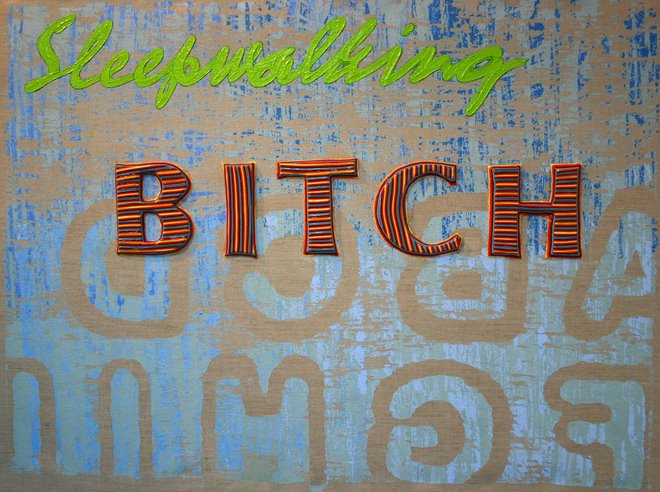 |
| Otira Gorge, Petrus van der Velden |
Making a business case for the arts is, in the long-term, a fundamentally bad idea. The apace colonization of all aspects of the human project, by the vocabulary of business, subordinates all human activity (our very existence) to the prescriptive, and proscriptive, definitions of commerce. Lessens the human project in downward spiraling ways. Reduces our justification for being, to little more than our functional ability to manufacture municipal waste-pipes - and be ur-matter suppliers to ocean-percolating sewage-outfalls.
Does anyone remember the corporate business concern supplying the cut the stones for Bolivia’s famous Gates of the Sun? The remnant design which - I submit - testifies for, and commemorates, its creative designer. Or who, now, was that 17th century Dutch baking mogul that received a trove of little-known Vermeers ( from the artist’s widow ) as debt-barter ... before the painter himself was identified and perpetually celebrated?
Petrus van der Velden, immigrant painter of the Otira Gorge, arrived in Canterbury the same year Vincent van Gogh died. Okay, off the top of one’s head ... which prominent industrialist, engineer, merchant, politician, business manager arrived in Canterbury around that same time? And which wealthy industrialist, engineer, merchant, politician, business manager died in Europe that same year?
I am not discounting the real utility and health benefits of modern plumbing, municipal sewer systems, or insulated housing. Nor do I dismiss the faltering, greater-good, benefits of the green revolution. The green revolution made it possible for ‘the many’ to eat. But it was a campfire song, during the meal, that made those same folks want to eat. And, thereafter, see the nutritionally and ‘spiritually’ nourished, wake willingly, the next morning, to shoulder yet another day’s mostly unrewarding tasks.
What has changed in human affairs – since the caves at Altamira were finger-painted – that would have us disregard, in favor of business models, the mimetic, sympathetic, magic that makes it possible for us to carry on. When something inside –something art didn’t put - heeds us cease?
Britain’s Culture Secretary Makes a Business Case for the Arts
Tip of the hat to my friend Andrew Paul Wood, for the heads-up on this linked (in blue) Atlantic article.

